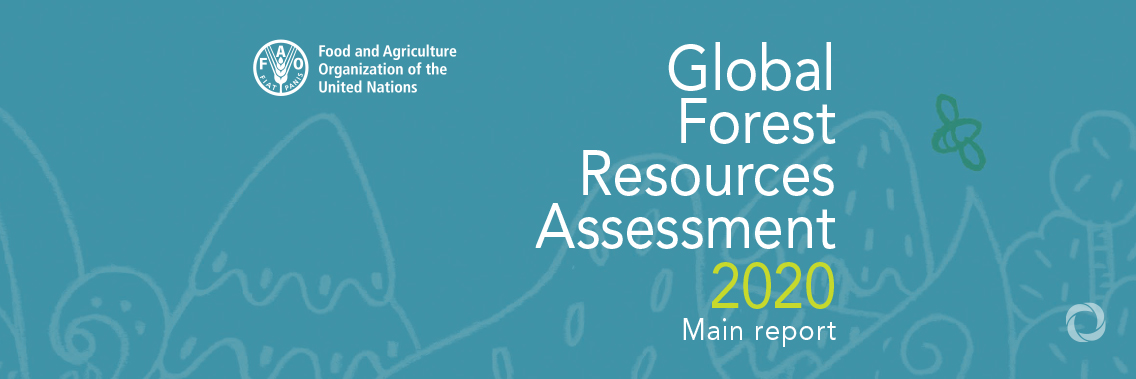FAO launched the most comprehensive forestry assessment to date in an innovative and easy-to-use digital format. The Global Forest Resources Assessment report (FRA 2020) contains detailed regional and global analyses for 236 countries and territories.
“The wealth of information on the world’s forests is a valuable public good for the global community to help facilitate evidence-based policy formulation, decision-making, and sound investments in the forest sector,” said Deputy Director-General, Maria Helena Semedo. “These newly released tools will enable us to better respond to deforestation and forest degradation, prevent biodiversity loss, and improve sustainable forest management.”
Millions of people around the world depend on forests for their food security and livelihoods. Protecting forests is also key to conserving natural resources, as they harbour most of the Earth’s terrestrial biodiversity and help mitigate climate change impacts. According to the recently published the State of the World’s Forests (SOFO) report, forests contain 60,000 different tree species, 80 percent of amphibian species, 75 percent of bird species, and 68 percent of the Earth’s mammal species.
Therefore, it is crucial to turn the tide on deforestation and the loss of biodiversity which can be done by conserving and sustainably managing forests and trees within an integrated landscape approach – addressing forestry and food security challenges together. Reliable and comprehensive information on forests and other land-uses plays a vital role in this process, FAO says.
In addition, the FRA 2020 data are used by FAO to estimate carbon emissions and removals from forests, by country, and at a global level. For instance, the new FRA-based estimates indicate that global emissions from forest loss decreased by about one-third since 1990. Figures on carbon emissions and removals, based on the FRA data, are made available through the FAO statistics database FAOSTAT.
Forests are at the heart of the 2030 Agenda. They have immense potential to support sustainable development pathways.
This platform makes a significant contribution to reporting on the forest-related indicators of the Sustainable Development Goals (SDGs). These include the extent of forest resources, forest biomass, forests in protected areas, forest management plans and certifications. The new tools will also provide support for the Paris Agreement on climate change.
Read the full report: Global Forest Resources Assessment report (FRA 2020).
Original source: FAO
Published on 21 July 2020

